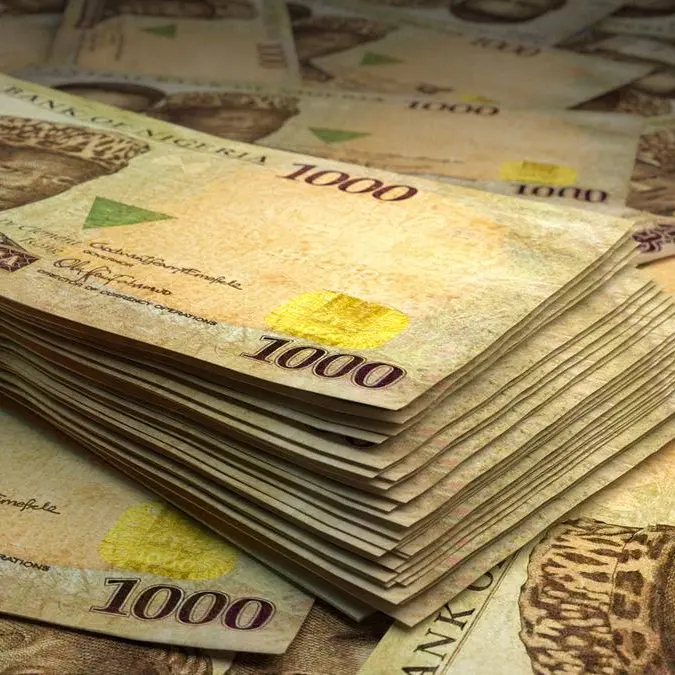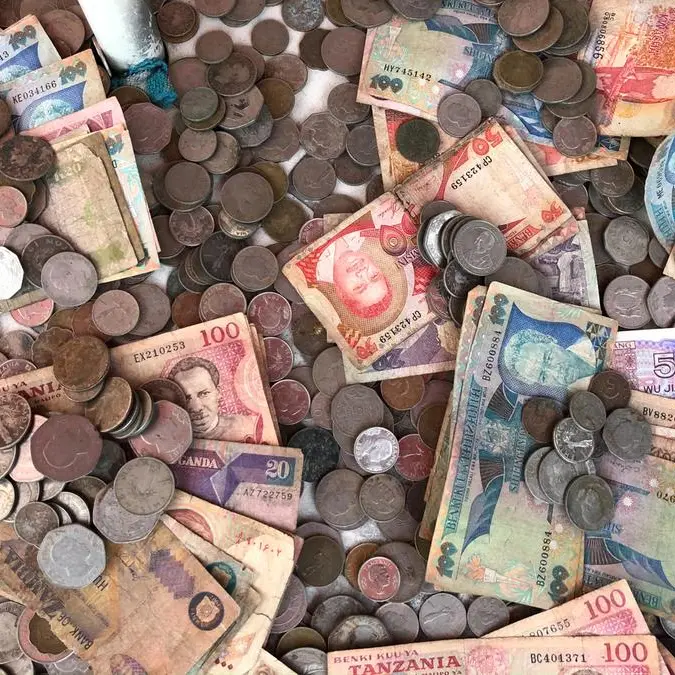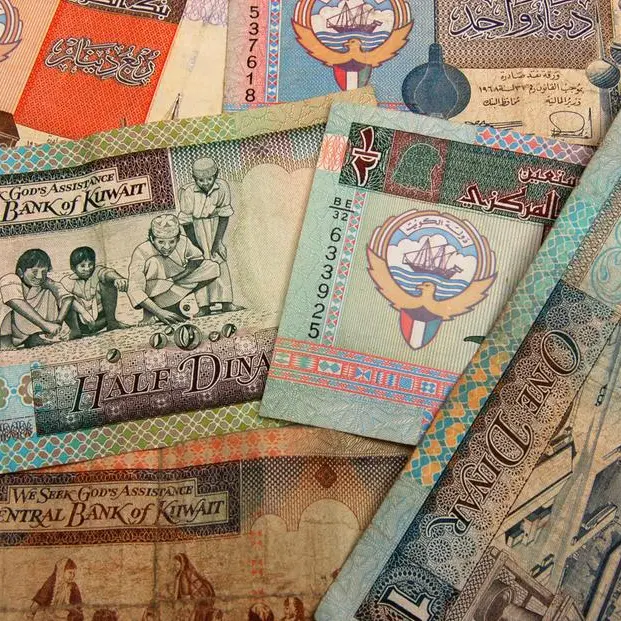PHOTO
If a deal emerges this year, it would be the second public bond offering by the sovereign in 2024, following an US$8bn triple-tranche transaction in March. Israel has also raised several billions of dollars in private placements since the war with Hamas began in October, although these appear to have dried up. A trader told IFR he had not seen any such transactions in a G3 currency since mid-March.
Details of what Israel would consider issuing through the sale have yet to be defined, though one source familiar with the RFP said "it's regular course of business" for the sovereign.
He expects it would be denominated in US dollars, a currency that Israel turns to "in times of stress", for an amount of US$2bn–$5bn, comprising one or two tranches, with "classic tenors", suggesting five and 10-year maturities. It could also consider a 30-year tenor, he said, though Israel will be mindful of higher borrowing costs.
Since the war in Gaza began, Israel’s credit spreads have ballooned and have continued to move wider even after that March trade.
The sovereign's US$3bn 5.5% March 2034s, for example, which were issued at 145bp over Treasuries as part of that March exercise, are now quoted at a G-spread of 188bp, according to LSEG data.
Israel has also suffered downgrades from all three main ratings agencies following the conflict. On Monday, Fitch cut Israel's rating to A, with a negative outlook, from A+ as a result of the war and the risk of it spreading eroding the country’s credit metrics. It is the first time that Fitch has downgraded Israel since the war began.
“The downgrade to A reflects the impact of the continuation of the war in Gaza, heightened geopolitical risks and military operations on multiple fronts,” Fitch said. “Public finances have been hit and we project a budget deficit of 7.8% of GDP in 2024 and debt to remain above 70% of GDP in the medium term.”
The negative outlook is underpinned by the expectation that the conflict will last into 2025 and that it could broaden to other fronts, incurring substantial human and financial costs and leading to more sustained damage to infrastructure and economic activity.
S&P downgraded Israel in April to A+, with a negative outlook, from AA–. That was the first time that S&P had downgraded the sovereign since the war began. Moody’s most recent action was in May when it affirmed its A2 rating, with a negative outlook. However, it had downgraded the credit from A1 in February.
The war also means banks are undertaking greater due diligence over their business with Israel. Activists have targeted Barclays in particular, damaging a number of its branches in the UK.
Indeed, a report in the Financial Times on Wednesday said that following pressure from pro-Palestinian activists, the bank "drew up plans to pull out of future Israeli bond auctions", citing sources familiar with the matter, but "after more internal discussions" told Israel that it "planned to continue to work as a so-called primary dealer".
In a statement, the bank only addressed Israel's RFP for the public bond. It said: "We are preparing a response to the RFP; that response is due next week.”
On Thursday, the FT amended its story to specify Barclays was considering its response to the proposed bond deal rather than its primary dealership in Israel. It said that "Barclays planned to shun an Israeli government bond sale as it reviewed its exposure to the country under pressure from pro-Palestinian activists". The amended report added that after more internal discussions, "Barclays informed Israeli officials that it would participate in the offering".
Additional reporting by Edward Clark
Source: IFR




















